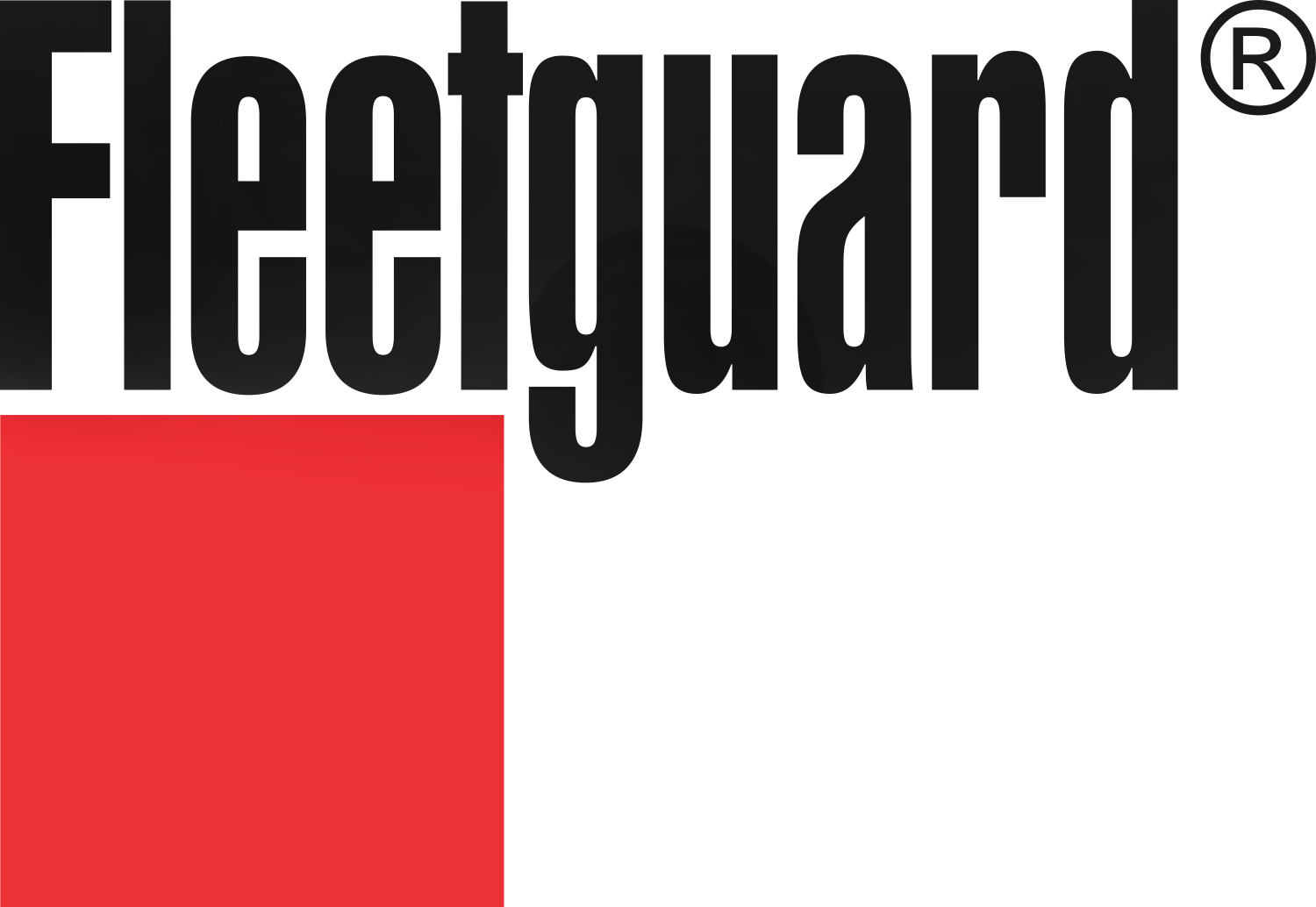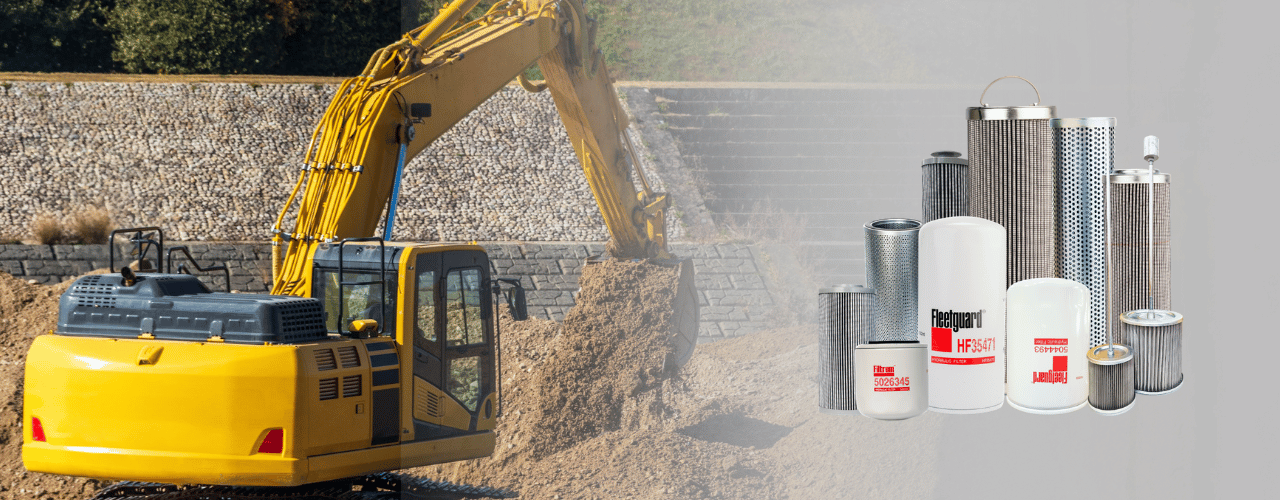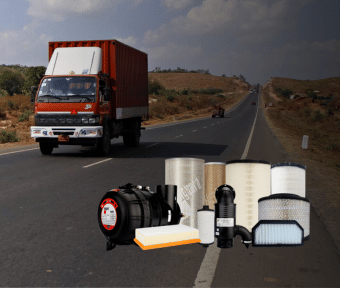Product | 19 Aug 2025
In today’s world of strict emission standards, Diesel Exhaust Fluid (DEF) and its filtration systems play a critical role in keeping vehicles compliant, fuel-efficient, and reliable. Modern diesel engines rely on Selective Catalytic Reduction (SCR) technology, which requires clean DEF to reduce harmful nitrogen oxides. Without proper filtration, DEF can easily become contaminated, leading to crystallization, clogged injectors, pump damage, and even system failures.
This is where Diesel Fuel Filters and Cartridge Filters come into focus. They ensure that only clean DEF reaches the SCR system. Maintaining them correctly—and replacing them on time—is essential for both individual owners and fleet operators who want to protect their vehicles from downtime and high repair costs.
Why DEF Filtration Is Critical
The purpose of a DEF filter is simple yet vital: to keep impurities from entering the SCR system. Since DEF is made up of deionized water and high-purity urea, even small amounts of contamination can destabilize the mixture. This leads to poor dosing, crystallization, and long-term damage to sensitive components.
Neglecting filtration can trigger:
- Loss of performance or vehicle going into limp mode
- Higher maintenance costs due to clogged pumps and injectors
- Increased emissions and compliance issues
- Shortened life of the SCR system
Common Reasons for Diesel Filter Clogging
- Contaminated DEF or poor-quality DEF – Impurities from low-grade fluid clog filters quickly.
- DEF crystallization – Temperature changes cause crystallization, blocking flow.
- Dust or dirt during filling – Improper refilling practices introduce contaminants.
- Delayed replacement – Filters that are not replaced on schedule eventually lose efficiency.
Consequences of Ignoring DEF Filter Maintenance
| Cause | Effect on System | Impact on Vehicle |
| Contaminated DEF | Clogs injectors and dosing units | Higher downtime |
| Poor handling or storage | Increases risk of impurities | Reduced efficiency |
| Crystallization (temperature) | Blocks fluid pathways | DEF system failure |
| Counterfeit or low-quality filters | Ineffective filtration | Expensive repairs |
For fleet managers, these consequences mean more than mechanical issues. They translate into missed deliveries, regulatory fines, and declining profitability.
How to Replace DEF Filters
Replacing a Diesel Filter is a straightforward but critical process. Depending on the design of your vehicle’s DEF system, there are different types of filters that may require attention.
1. Filling Neck Filter Replacement
This filter prevents dust and dirt from entering during refilling.
Steps:
- Open the DEF tank cap.
- Remove the filling neck filter carefully.
- Insert a new Cartridge Filter, ensuring a proper seal.
- Close the cap securely to avoid contamination.
2. Level Sensor Filter Replacement
These filters protect the DEF level sensor, ensuring accurate readings.
Steps:
- Disconnect the electrical connector from the level sensor.
- Remove the sensor unit along with the attached filter.
- Replace with a new sensor filter.
- Reinstall and reconnect the electrical connector.
3. Dosing Unit Filter Replacement
This filter safeguards injectors and the dosing unit from contamination.
Steps:
- Locate the DEF dosing module (commonly near the exhaust system).
- Detach the old filter carefully to avoid DEF spillage.
- Replace with a new Diesel Fuel Filter.
- Reassemble and check for leaks after installation.
Best Practices for DEF Filter Maintenance
- Use only certified DEF fluid and avoid counterfeit products.
- Replace filters on schedule, not just when problems appear.
- Store DEF in clean, sealed containers to prevent contamination.
- Inspect for signs of crystallization after seasonal temperature shifts.
- Always opt for reliable filtration products for long-term protection.
Fleetguard: Reliable Filtration for Modern Diesel Engines
Fleetguard DEF filters are designed to deliver maximum protection for SCR systems. Whether it is filling neck filters, level sensor filters, or dosing unit filters, they ensure cleaner DEF fluid, reduced crystallization risk, and accurate DEF dosing. With their expertise in Cartridge Filters, Diesel Filter, and Diesel Fuel Filters, Fleetguard products extend SCR system life and minimize maintenance costs for both commercial fleets and individual vehicle owners.
DEF filtration is not just about compliance with emission norms. It’s about protecting your engine, improving uptime, and saving money in the long run. By replacing your DEF filters on time and using high-quality solutions, you ensure consistent performance and avoid costly repairs.
If you are ready to safeguard your vehicles with trusted solutions, explore Fleetguard’s complete range of DEF and Diesel Fuel Filters. Visit the Fleetguard website or reach out to their experts for guidance on the right filtration products for your fleet.








